Environmental groups immediately blasted plans by the Tennessee Valley Authority (TVA) to build new electric power generators that run on fossil fuels, saying the move will bring higher electric bills and more pollution.
TVA filed its plans Wednesday, which are to be published in the Federal Register on Thursday. The federal agency said it wants to build six new aeroderivative combustion turbine (CT) units at the Allen Combustion Turbine (ACT) site.
That site sits close to the now-closed Allen Fossil Plant, which used coal to make electricity. The ACT site should not be confused with the new-ish Allen Combined Cycle Plant, which uses natural gas to make power and is the main source of the city’s electricity.
The Allen Combustion Turbine facility houses 20 turbine units that use a mix of diesel and natural gas to produce energy. These smaller turbines run “rarely,” according to a TVA spokesperson, and “are designed to only be used when peak demand requires.”
However, 16 of those units failed to start during December’s Winter Storm Elliott. This cut TVA’s overall power generation here by 240 megawatts. Those 16 units ceased operations completely and now only two units at the facility are operable, providing a total of 120 megawatts of power at the site.
TVA said Wednesday it hopes to build six of them to generate a total of 200 megawatts. This will “help meet the growing system demand,” the utility said. It will also help “facilitate the integration of renewable generation onto the TVA bulk transmission system.” This means the new turbines would offer backup power to stabilize the TVA grid should renewable sources of energy fail or simply not produce enough power.
“For instance, cloud patterns that temporarily block the sun and reduce solar generation require other generating units to respond to continue to reliably supply power to customers,” reads the TVA document. “Aeroderivative CTs are inherently well-suited to provide flexibility, enabling the remainder of the system to better integrate renewables.”
Construction would take about a year, TVA said. If approved, it would begin sometime in 2025 or 2026.
Environmental groups quickly criticized the move. As it would use fossil fuels, they called it “dirty gas” and said the plan was “the federal utility’s latest move in its multi-billion-dollar gas spending spree, which is the largest fossil fuel buildout in the country.” Further, the new turbines “will lead to higher monthly power bills, reduce grid reliability, and worsen the impacts of the climate crisis.”
”Enough is enough,” KeShaun Pearson, president of Memphis Community Against Pollution said in a statement. “Memphis families shouldn’t be forced to foot the bill for TVA’s fossil fuel spending spree. The utility should instead invest in cheaper energy options, like solar power and energy efficiency programs that meet our energy needs while lowering monthly bills.”
Southern Environmental Law Center (SELC) Senior Attorney Amanda Garcia said TVA “is once again plowing ahead with plans to build expensive, unreliable, and outdated fossil fuel infrastructure.”
“Families across the Tennessee Valley already felt the impacts of the federal utility’s obsession with fossil fuels when TVA’s coal and gas plants failed during last year’s winter storm, causing rolling blackouts throughout the region,” Garcia said in a statement. “Instead of putting all its eggs in the fossil fuel basket, TVA should invest in more diverse sources of energy — including renewables and energy efficiency — which can lower power bills while creating a more reliable grid.”
A Sierra Club report issued Tuesday showed TVA has plans to build more gas-powered energy sources than any other utility in the nation, said Amy Kelly, the Field Organizing Strategist for organization.
“Memphis should not have to endure even more pollution and higher electric bills because of TVA’s refusal to seriously incorporate energy efficiency and renewable energy in its planning, planning that is largely hidden from public view,” Kelly said.
The public will have 30 days to weigh in on TVA’s new plan, after it is published Thursday. The agency will also host an in-person, public open-house meeting. Click here for more information on that meeting.

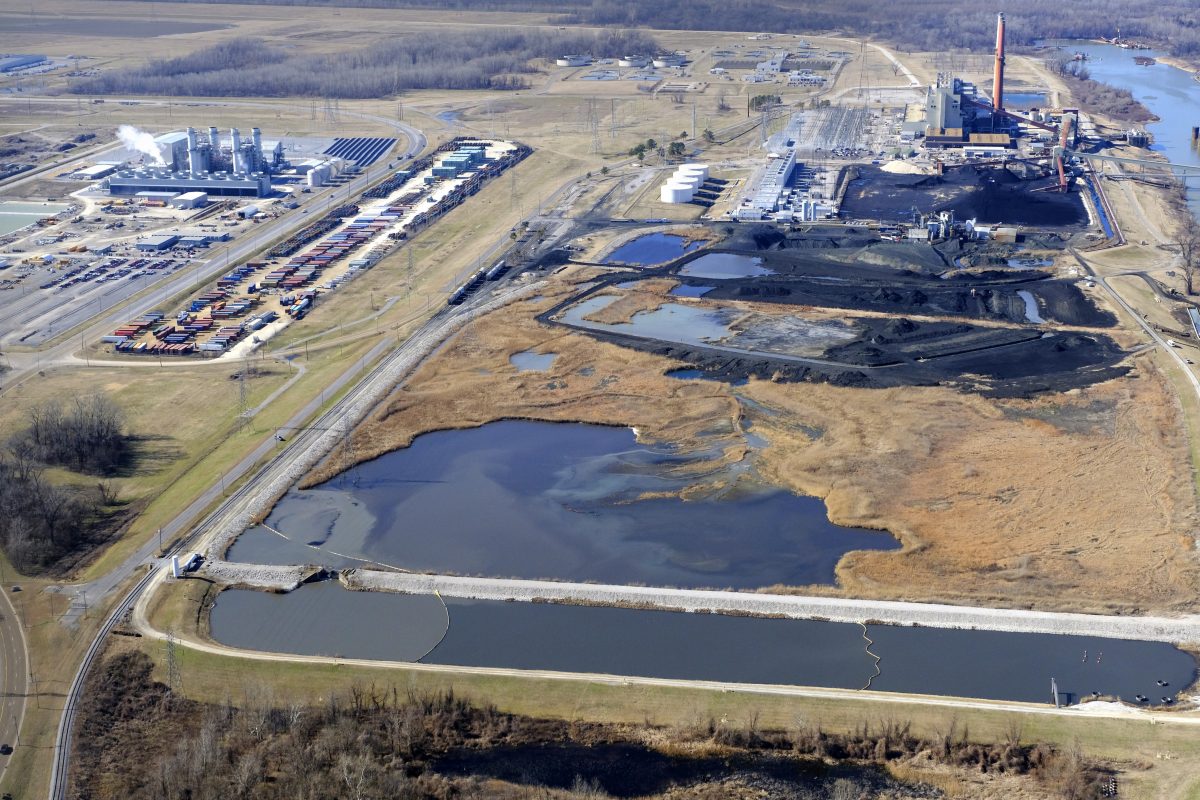
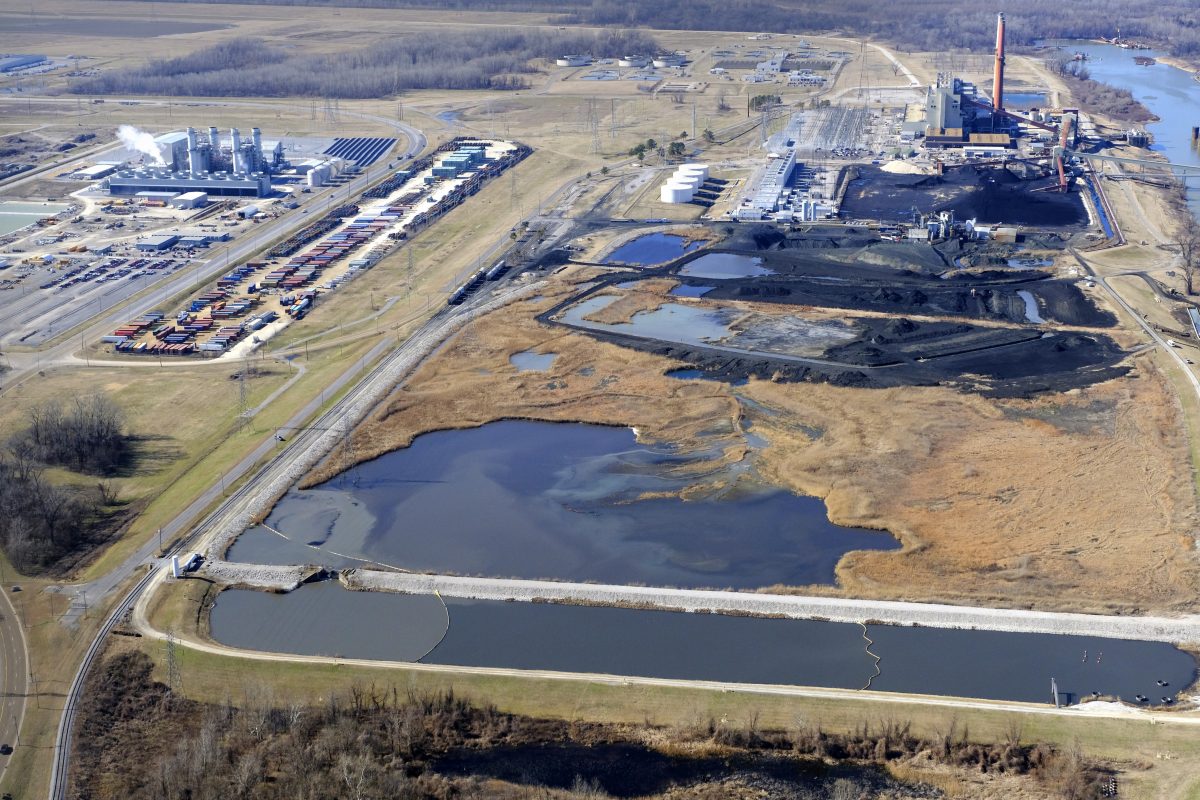
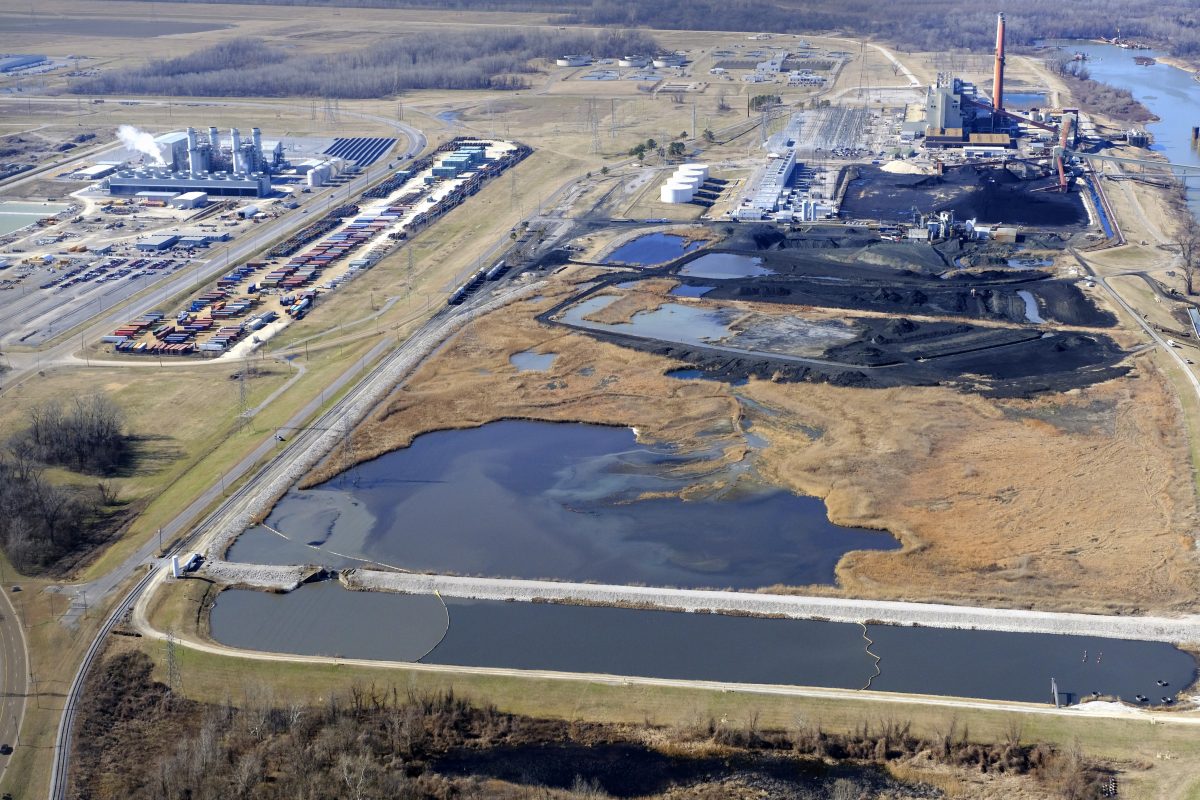
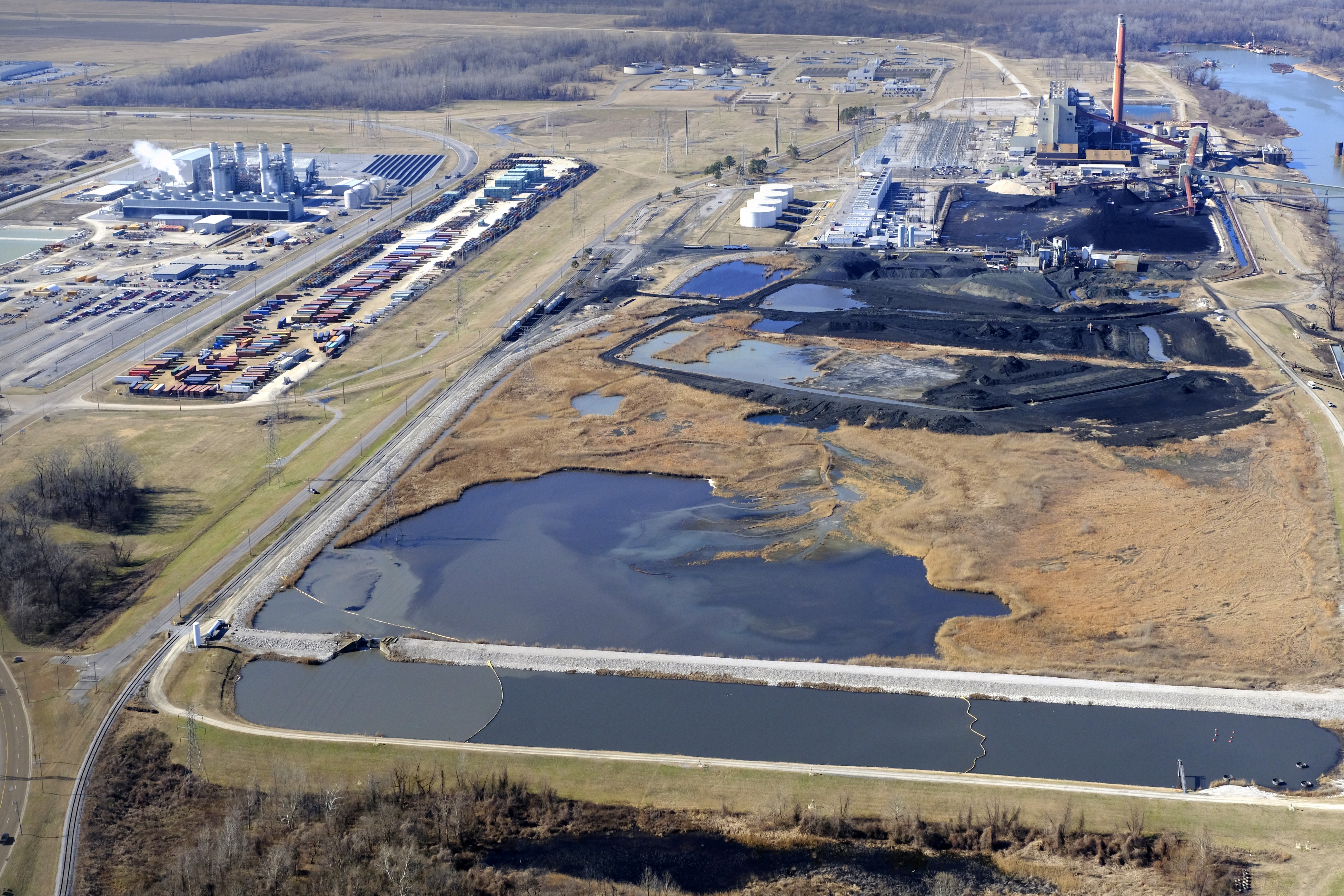 Southern Environmental Law Center
Southern Environmental Law Center 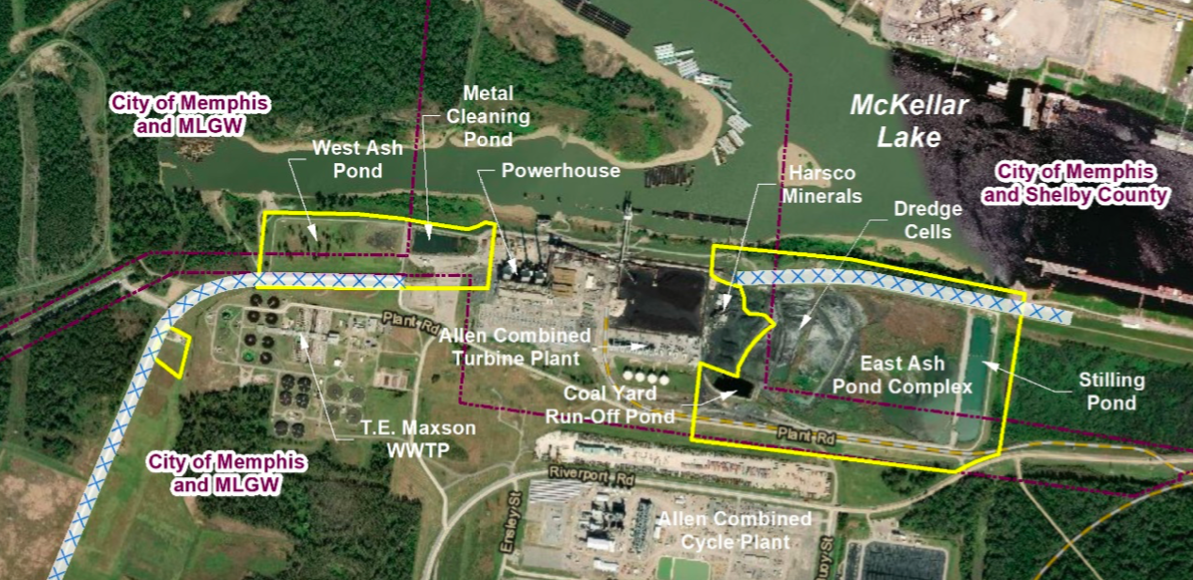 TVA
TVA 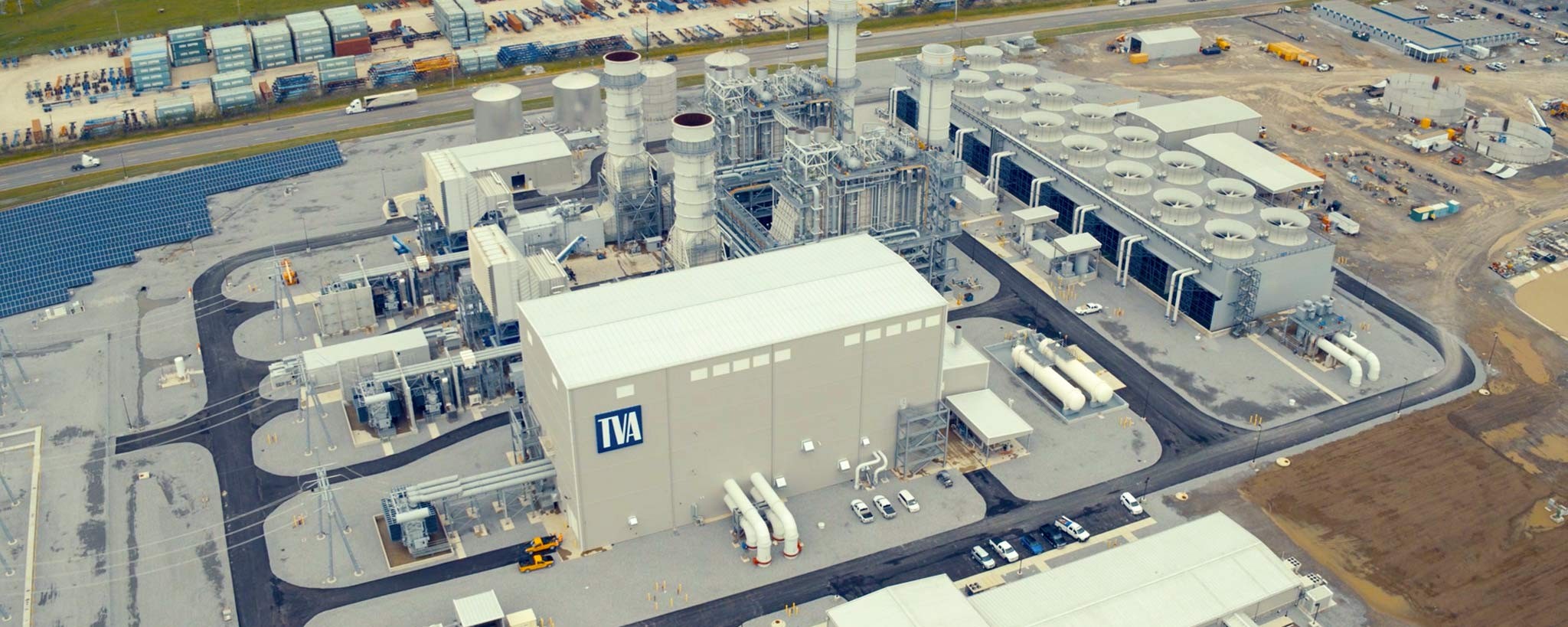 TVA
TVA 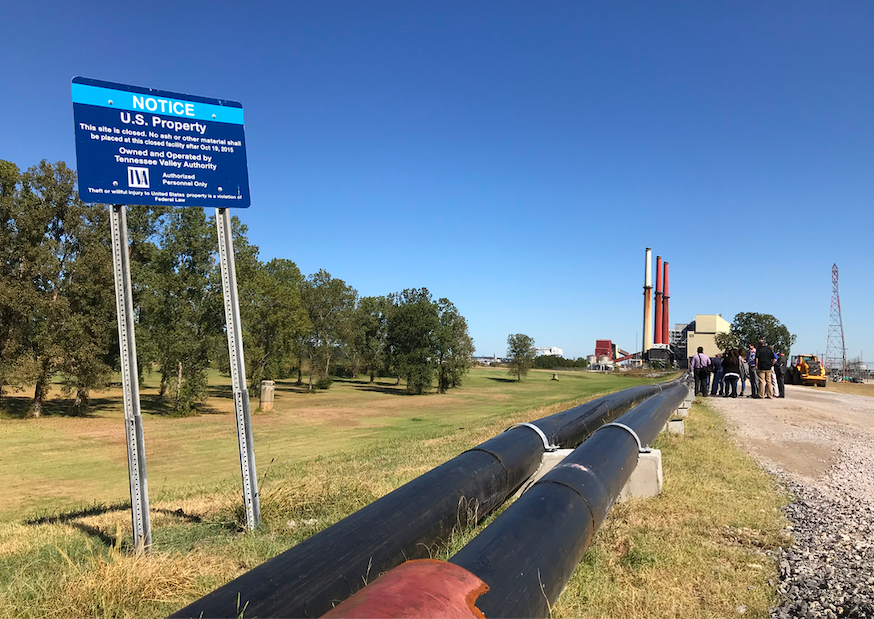 Toby Sells
Toby Sells 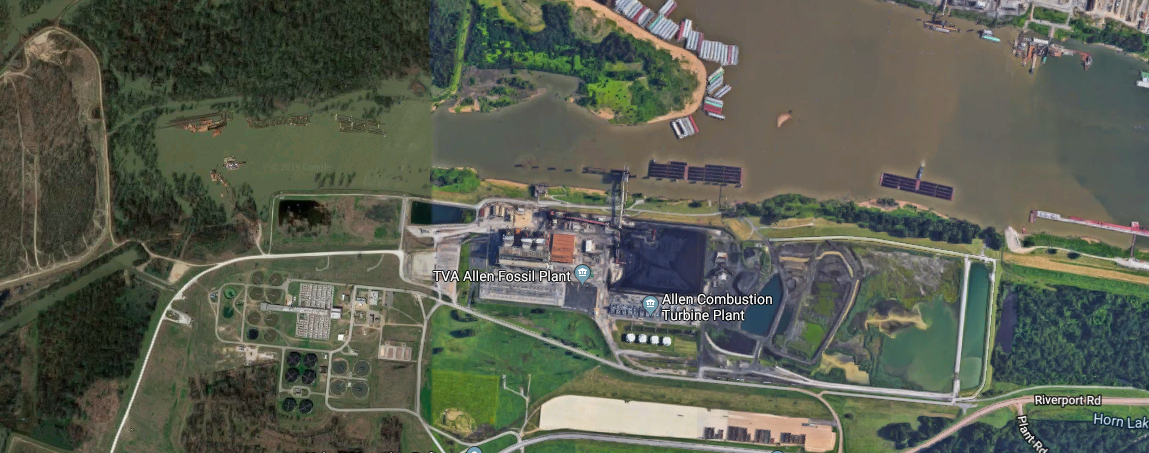 Google Maps
Google Maps  Toby Sells
Toby Sells 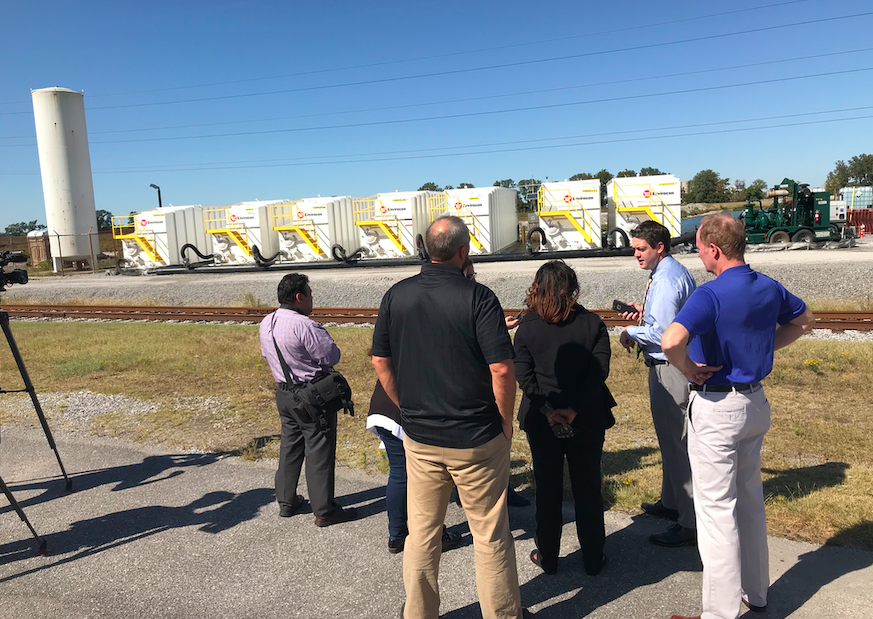 Toby Sells
Toby Sells 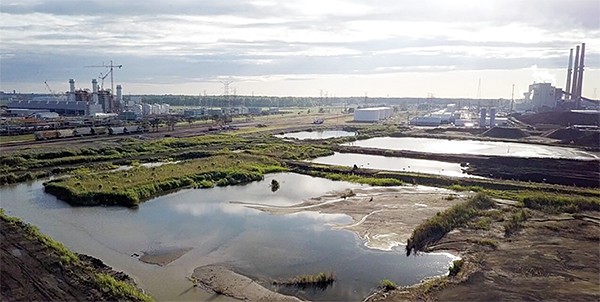
 Southern Environmental Law Center
Southern Environmental Law Center  TVA
TVA 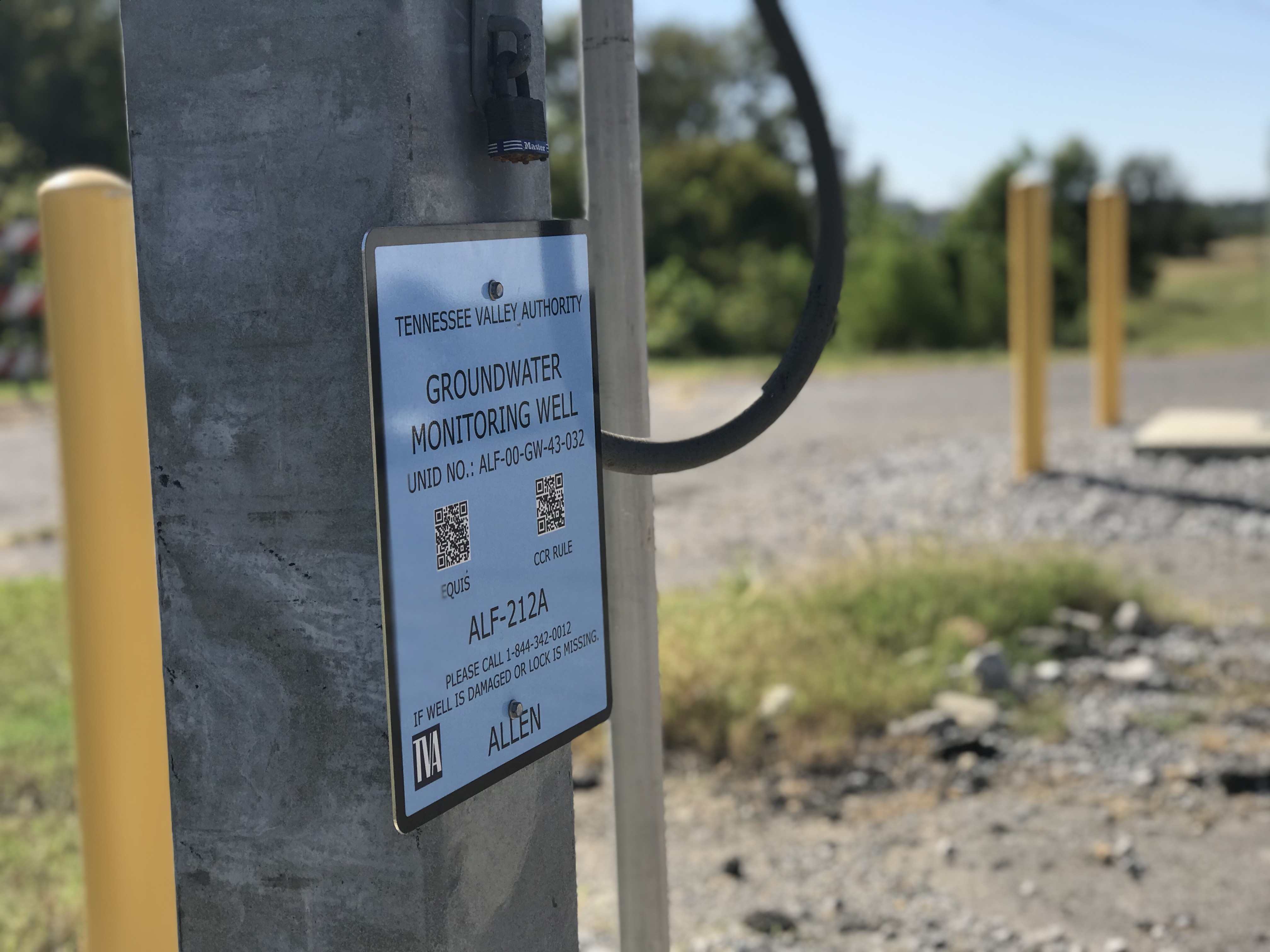 Toby Sells
Toby Sells  Toby Sells
Toby Sells 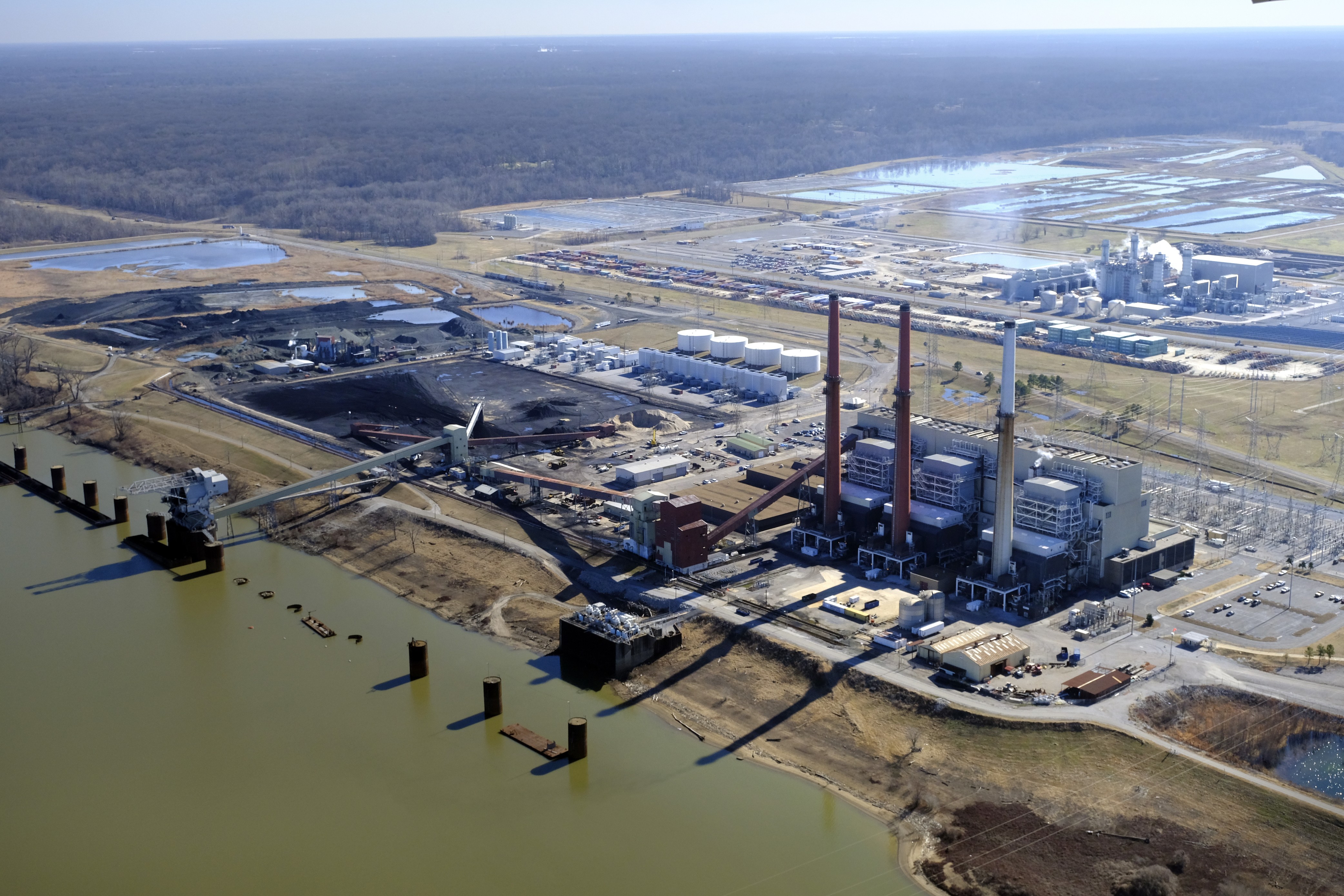 Southern Environmental Law Center
Southern Environmental Law Center  Southern Environmental Law Center
Southern Environmental Law Center  Southern Environmental Law Center
Southern Environmental Law Center  Southern Environmental Law Center
Southern Environmental Law Center  Southern Environmental Law Center
Southern Environmental Law Center